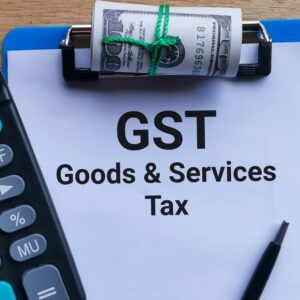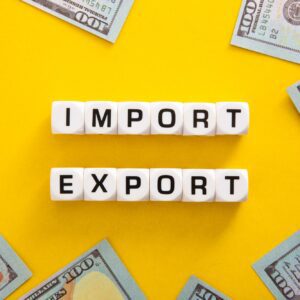Description
International tax rules apply to the company’s earnings from overseas systems and sales. Tax treaties between nations determine which country collects tax income, and anti-avoidance laws are put in place to limit the voids companies use to lessen their global tax load.
Companies follow what makes the most sense from an economic view when devising their supply chains and funding across borders. However, the financial reasons for a system may need to align with what makes the most sense from a tax view.
Global companies have workers and processes in nations all around the globe. When a company earns yields in a foreign jurisdiction, it will send some of those profits back to its base, and it may disperse a portion to shareholders as a reward. Each of these moves could begin with one or more tax laws.
International tax rules define which nations tax the gains of a global business. Generally, the goal is to secure that the income made by the company is taxed once rather than multiple times by different nations. When more than one nation taxes the same profits as a multinational, the result is dual taxation, which is a barrier to the cross-border asset.






Reviews
There are no reviews yet.